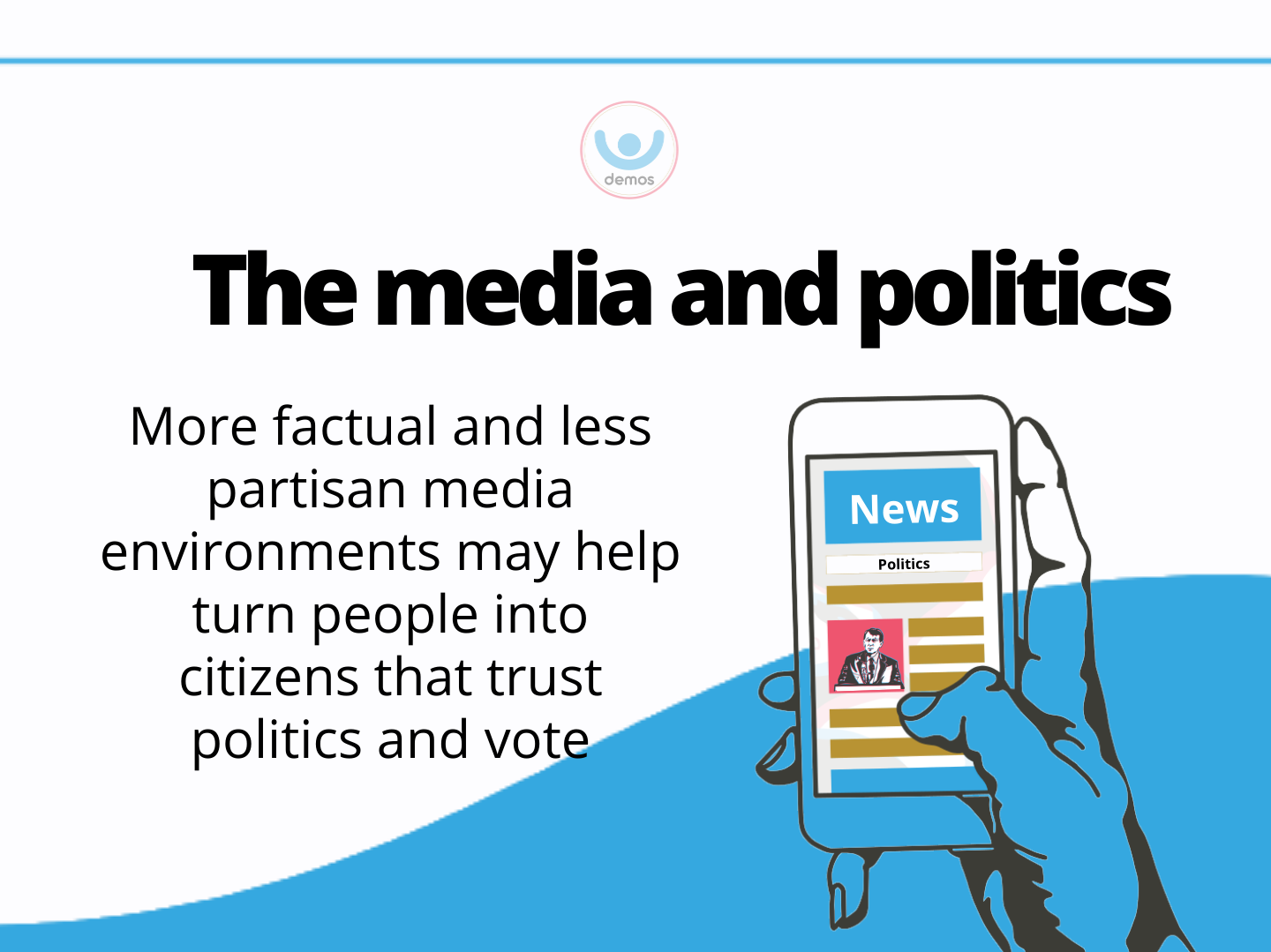Partisan Media Erodes Trust in Politics, New Study Claims
* Professional media environments that focus on societal issues might help turn people into reflective citizens that trust politics and take political actions. * DEMOS assumes that democratically skillful citizens who trust politics are less likely to support populism. A new DEMOS research has found that media environments that shape political agendas have a surprising consequence. Instead of turning people into more active political actors, influential political coverage that is highly partisan might make citizens less confident about how governments attend their needs. Places like Sweden, the UK, Germany, and the Netherlands fit the criteria, according to the European Media System Survey used in the research. The new study sheds light on two features of the media that haven’t been analysed in association with people’s political perceptions. One is the political polarisation, or how partisan and politically biased the media is in a country. Another is the media’s general impact on shaping political agendas. The findings show that these two features have a negative impact on people’s political experiences. Media consumption is beneficial for society. It helps shape people’s political experience in positive ways, both in their own capacity to influence politics and in their perception about how responsive politics is. The new study captures those perceptions differently: instead of looking at how individuals consume the media, it analyses how the media polarisation and the media environment shape individuals’ experiences in different countries. In research, those experiences are called political efficacy: citizens with higher levels of political efficacy feel that they can shape political processes. They also trust the political system. According to the author of the study, Marton Bene, from the Centre for Social Sciences in Budapest, the problem might lie on influential media environments and interventionist and attention-seeking journalism that treat politics in a way that is both opinionated and personalised: political figures, scandals, and negative aspects of politics regularly set the coverage. “The way the mass media presents political reality may harm perceptions of the political system,” he says. Read the full press release, download the publication, and reach out to DEMOS on the website: https://demos-h2020.eu/en/partisan-media-erodes-trust-in-politics-new-study-claims
Keywords
Media, Journalism, DEMOS, Democratic Efficacy, Populism, Citizens, Society, Politics, Elections, Governance



